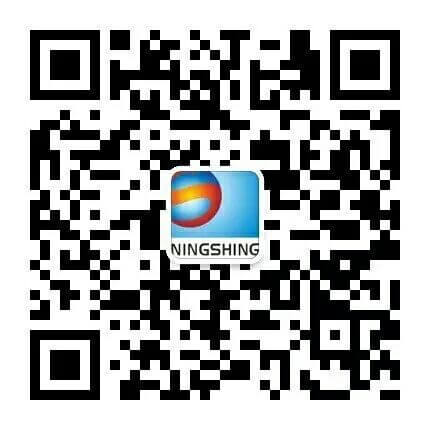Xinhua
HANGZHOU - In the international mail exchange bureau in the eastern Chinese city of Yiwu, goods are automatically sorted and cleared before being sent directly to their export destinations.
The exported goods in the country's small commodity hub do not need to go first to the mail exchange offices in much bigger cities of Hangzhou and Shanghai, thus facilitating cross-border e-commerce.
Yiwu was the first county-level city to be included in China's third batch of comprehensive cross-border e-commerce pilot zones in July 2018. Dubbed as the "World's Supermarket," it receives more than 550,000 overseas buyers and sells commodities to more than 210 countries and regions every year.
Last year, cross-border e-commerce contributed to 65.5 billion yuan ($9.3 billion), or about 28 percent, of all the online sales revenue in the city.
Zhu Qingling, a merchant in the city's massive small commodity wholesale market, now receives fewer foreign buyers to its booth but gets more orders online.
"In the past, foreign customers came to the market to place orders. As long as there were samples, there were orders," Zhu recalled.
A significant departure from the old business model, Zhu has made her ornaments goods also available online for overseas buyers and expanded its annual sales revenue to 20 million yuan.
Many other small commodity wholesalers have also embraced the cross-border e-commerce, sending goods directly to their customers while bypassing overseas retailers.
Via the cross-border e-commerce platforms, Huang Xianping sells her commodities, including wooden toys, daily necessities, and auto accessories, to average households in countries like the United States, Russia and Japan with an annual sales revenue of over 200 million yuan.
"At first, I didn't know e-commerce and never expected that it would help our business so much," said Huang.
The international mail exchange office only handles one-third of Yiwu's small commodity exports. The China-Europe freight trains and increased road and railway traffic with the Ningbo-Zhoushan port also facilitate cross-border e-commerce.
Zhang Jiying, an umbrella wholesaler in Yiwu, said the faster freight train service to Europe has brought her more business opportunities.
The train service to Europe takes about 16 days, while the sea transportation takes about nearly two months. "In the past, I had to carefully calculate the time in order not to miss the peak sales season," Zhang recalled.
Cross-border e-commerce is thriving in Yiwu. In the first half of 2019, the small city had more than 140,000 cross-border e-commerce accounts on various platforms.
To promote further development of cross-border e-commerce for 75,000 wholesalers, local authorities are striving to offer more technology, logistics and services support.
In June, China's e-commerce powerhouse Alibaba and the government of Yiwu signed a strategic cooperation agreement on the Electronic World Trade Platform (eWTP) to speed up the digital transformation of industries and advance the joint development of the eWTP and Yiwu's brick-and-mortar market.
The two also agreed to innovate trade modes, jointly build smart logistics hubs, and develop new types of trade financing to help small and medium-sized enterprises and individual traders worldwide better participate in global trade.
Huang said this provides a good opportunity for Chinese small and medium-sized enterprises.
"Just like running on the road, the government and the platform have paved a highway for us. Only with more advanced cars can we run fast and steadily," said Huang.




